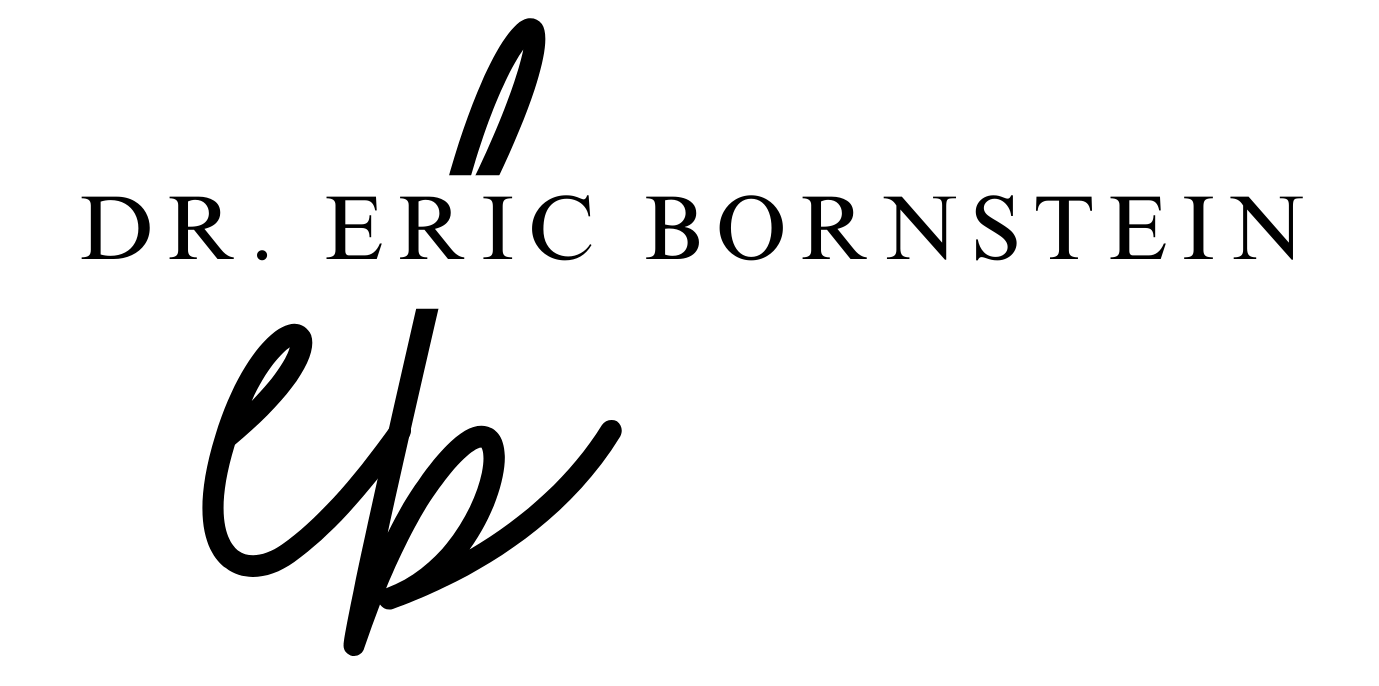Course 3 – Eat, Sleep, & Be Active: Where Circadian Rhythms & Metabolism
EAT, SLEEP, & BE ACTIVE:
Where Circadian Rhythms & Metabolism Meet
As circadian rhythms are the basis of most human physiology, it is expected that they also impact the response of a human being to disease, stress, and pharmacologic therapeutics. Less-known is how eating, sleeping, and exercise impact the circadian rhythm.
Overnight, during slow-wave sleep (SWS), people will experience their highest levels of thyroid-stimulating hormone and growth hormone (from the pituitary gland). Thyroxine and Growth hormones assist in growth and repair, utilizing metabolic lipolysis for fuel. Eating, exercise, and the timing of sleep can affect these vital metabolic occurrences. From a medical and physiological perspective, people need to work within their circadian rhythm to maintain health and longevity, and not against it.
We can alter our mealtimes, exercise, and regulate the amount of blue light we see from computers and cell phones at night, all of which can change our circadian rhythm, sleep patterns, and metabolism to the positive or negative. This new webinar will unlock the secrets of correctly modulating the circadian rhythm to maximize positive metabolic effects.




Health professionals need to be aware of these physiologic circadian issues to appropriately advise patients/clients on the metabolic effects of timed meal eating, optimum exercise, and appropriate bedtime habits to optimize sleep.




This course offers 4- CE credit hours for the following professions:
NURSES, DENTAL PROFESSIONALS, PHARMACISTS, REGISTERED DIETITIANS & DTRs, PSYCHOLOGISTS, MENTAL HEALTH COUNSELORS & ADDICTION COUNSELORS, MARRIAGE & FAMILY THERAPISTS, SOCIAL WORKERS, OCCUPATIONAL THERAPISTS & OTAs, PHYSICAL THERAPISTS & PTAs, CASE MANAGERS, NURSING HOME ADMINISTRATORS (Distance Learning), MASSAGE THERAPISTS.
